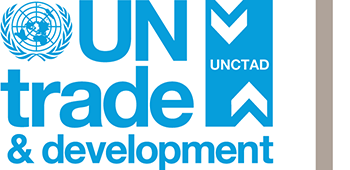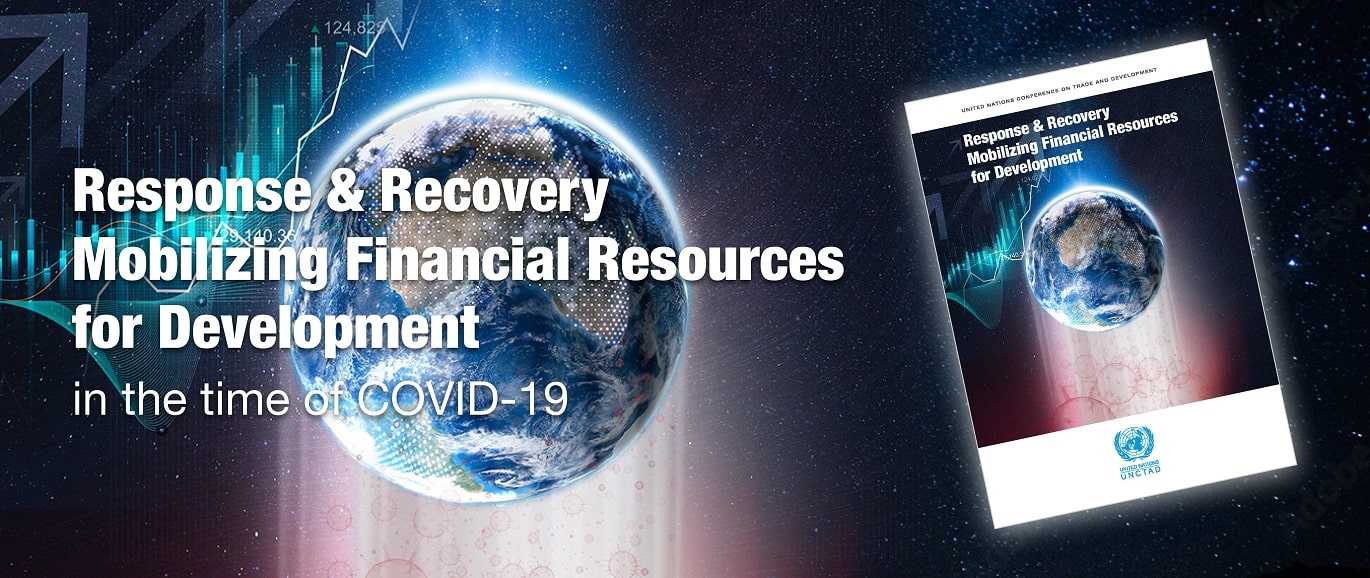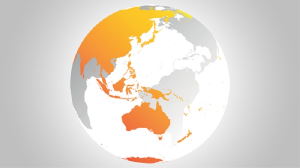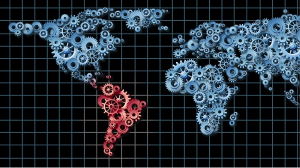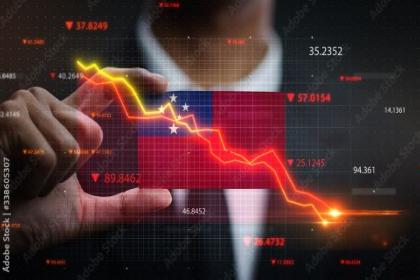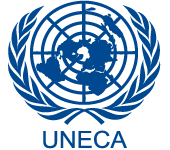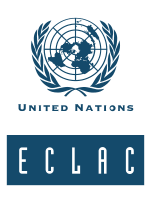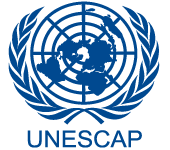The COVID-19 pandemic has created a series of simultaneous and reinforcing shocks that has exposed and exacerbated economic, financial and debt vulnerabilities of low- and middle-income developing countries (LICs and MICs). Mobilizing financial resources for responses to and recovery from the pandemic is essential so that progress towards the Sustainable Development Goals (SDGs) is not undone.
This platform is a resource where member states, experts and the public can access diagnostic tools, policy analysis and recommendations, as well as evaluate the policy responses designed to ensure a recovery aligned with a sustainable development path.
The project Response and Recovery: Mobilising financial resources for development in the time of COVID-19 is co-ordinated by the Debt and Development Finance Branch of UNCTAD and jointly implemented with ECA, ECLAC and ESCAP.
Geographic Coverage
Global
Developing countries need to design adequate domestic policy responses to recover from the COVID-19 crisis and simultaneously achieve the 2030 Agenda. UNCTAD created the following toolkits to help developing countries' policy formulation.
- UNCTAD Global Policy Model (GPM) helps policymakers to understand the global trends that affect their countries and provides scenarios to guide the formulation of economic policies. The GPM was extended to include 40 counties, of which 30 are developing countries in Africa, Asia and Latin America and the Caribbean, enabling the analysis of the macroeconomic and financial conditions of selected LICs and MICs in the time of COVID-19.
- Global Financial Safety Net Tracker (GFSN tracker) is an innovative tool that monthly identifies the most relevant sources of short-term liquidity for all UN member countries at the global, regional and bilateral levels. It includes: (i) the historical lending capacity of the International Monetary Fund (IMF) and Regional Financial Arrangements (RFAs) between 2018 and 2021; (ii) borrowing agreements with the IMF, an RFA and any bilateral currency swap agreements that were agreed upon since the onset of the COVID-19 pandemic in February 2020 until December 2021.
- Financial Conditions Indicators (FCIs) monitor financial conditions in developing countries, aiming to provide early warning signals of "financial stress" before it has adverse effects on the real economy. An innovative methodology is applied to an in-house dataset of financial variables for 53 developing countries– systematized in five economically meaningful clusters–during the COVID-19 crisis.
- Sustainable Development Finance Assessment (SDFA) framework assesses the impact of the COVID-19 crisis on the external financial sustainability and public debt sustainability of selected developing countries. It identifies the development finance needs of selected beneficiary countries to achieve the most significant SDGs and how to make this compatible with external financial and public debt sustainability.
- Revitalising soft-law frameworks for responsible sovereign lending and borrowing provides recommendations on revitalising soft law based on the UNCTAD (2012) Principles of Promoting Responsible Sovereign Lending and Borrowing and the UN Resolution 69/319 to guide responsible sovereign borrowing and lending as well as debt restructuring in a national and international context.
Africa
- Strengthening Domestic Resource Mobilization after COVID-19: A Tax Policy Framework for African Countries undertakes analytical work to strengthen tax policy and increase domestic resource mobilization. This workstream examines direct and indirect taxation gaps and how these can be exploited to formulate and implement policies to expand fiscal space and domestic resource mobilisation.
- Developing country capital account management offers a policy-oriented study on capital flow regulations based on a taxonomy that covers their different dimensions. It analyzes capital controls for the case of five countries in Africa. The analysis provides a basis on which to draw important policy lessons and guidelines regarding the feasibility and effectiveness of capital controls for the current circumstances of the pandemic.
Asia Pacific
- Developing country capital account management offers a policy-oriented study on capital flow regulations based on a taxonomy that covers their different dimensions. It analyzes capital controls for the case of seven countries in the Asia Pacific. The analysis provides a basis on which to draw important policy lessons and guidelines regarding the feasibility and effectiveness of capital controls for the current circumstances of the pandemic.
- Balanced and inclusive fiscal policy packages assist Asian Pacific countries in undertaking rapid assessments of the impact of the pandemic to estimate their fiscal needs. Moreover, it provides an analysis of policy options' trade-offs and impacts, particularly to ensure that economic recovery measures are in line with the social and environmental goals of the 2030 Agenda.
Latin America and the Caribbean
- Innovative financing instruments and initiatives of the FfD agenda explores policy options developed during the Financing for the Development (FfD) in the Era of COVID-19 and Beyond Initiative (co-convened by Canada, Jamaica and the United Nations) to alleviate the liquidity constraints and debt burdens facing many member States in Latin America and the Caribbean. This workstream provides in-depth studies about the regional distribution of Special Drawing Rights (SDRs), state-contingent debt instruments, debt swap initiatives, multilateral funds, and a multilateral credit rating agency.
- Developing country capital account management offers a policy-oriented study on capital flow regulations based on a taxonomy that covers their different dimensions. It analyzes capital controls for the case of six countries in Latin America and the Caribbean. The analysis provides a basis for drawing important policy lessons and guidelines regarding the feasibility and effectiveness of capital controls for the current circumstances of the pandemic.
- Strengthening Domestic Resource Mobilization after COVID-19: A Tax Policy Framework for African Countries develops macroprudential policy options for beneficiary countries in the region. It evaluates the use of measures to support policy responses during the COVID-19 pandemic. Moreover, this workstream formulates macroprudential strategies for countries in Latin America and comparative experiences in Africa and Asia.
Highlighted videos
Morning
This meeting discusses "Resource mobilization and fiscal policy packages to help developing countries recover from the crisis", including policy options and fiscal recovery in Asia as well as domestic…
Afternoon
This meeting discusses "Financial tools and innovative instruments to help developing countries build resilience against external shocks", including the Financial Conditions Indicator, Global Financial…
Morning
This meeting discusses "Policy options and responses to the crisis: what do developing countries need?" as well as a Roundtable discussion and sharing of country experiences on response to and recovery…
Afternoon
This meeting discusses "Policy tools to help developing countries ensure debt sustainability in time of crisis", including the role of soft law and the Principles of Responsible Sovereign Lending and…
Activities
